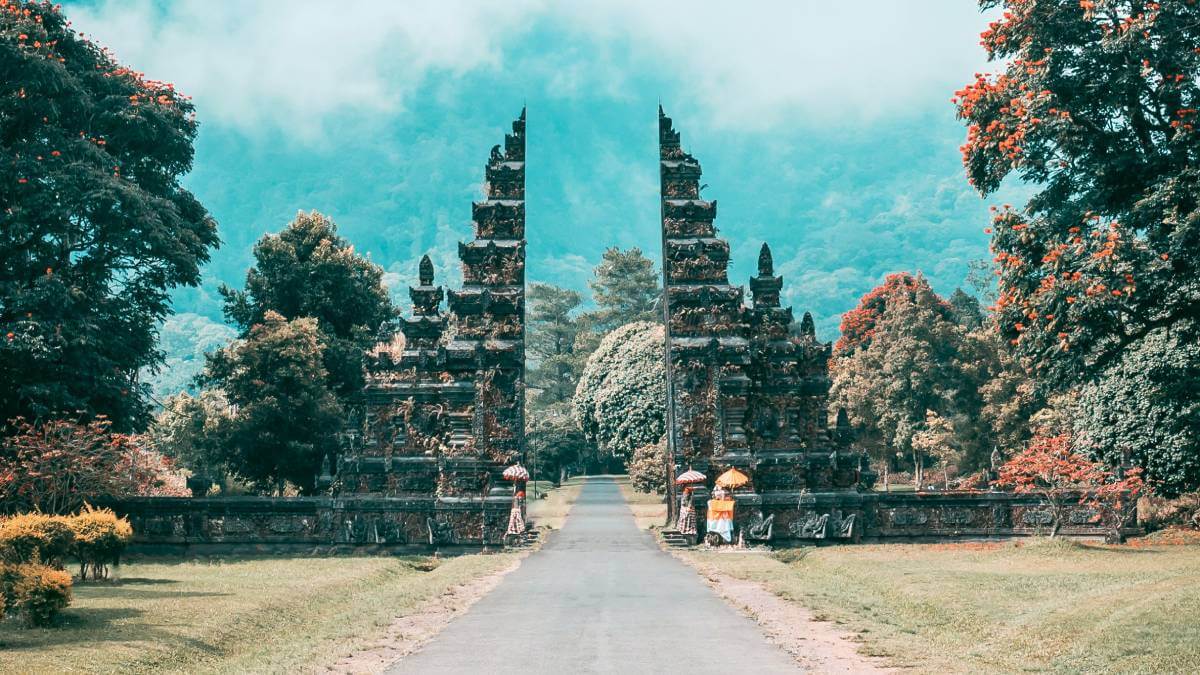In response to a string of incidents involving unruly conduct by tourists in Bali, local authorities have decided to take a firm stance. The governor of Bali, Wayan Koster, has officially unveiled a set of guidelines outlining the dos and don’ts for visitors to the island. This announcement follows weeks of meticulous planning and preparation by the provincial government to establish a fresh framework for tourism on the island.
Governor Koster, tourism stakeholders and local residents, are determined to crack down not only on illegal activities carried out by international tourists but also on disrespectful behaviour towards Balinese culture.
The new dos for tourists in Bali:
- Tourists must respect the holy, sacred nature of Balinese temples and all other religious symbols on the island.
- Tourists must respect Balinese culture, customs, traditions, and art, in addition to the wisdom of the Balinese people.
- Tourists must dress modestly and respectfully, especially wearing appropriate clothing when visiting holy places, tourist attractions, and public spaces.
- Tourists must behave politely and respectfully in sacred places, tourist attractions, restaurants, on the roads, and in all public places.
- Tourists must be accompanied by a tour guide who has a tour guide license when visiting tourist attractions. The tour guide must have a solid understanding of natural conditions [Bali’s way of life], customs, traditions, and local wisdom of the Balinese people.
- Tourists must only exchange foreign currency at authorised money changer (KUPVA) organisers. Such money changers can be either banks or non-banks marked with a permit number and a QR code logo from Bank Indonesia.
- Tourists make payments using the Indonesian Standard QR Code (QRIS).
- Tourists must pay for goods, services, and experiences (and all other financial transactions) in Indonesian rupiah.
- Tourists may only drive in compliance with the laws and regulations in force in Indonesia. This includes having a valid international or national driving licence, driving in an orderly manner on the road, dressing politely, wearing a helmet, following traffic signs, do not load passengers exceeding capacity, and not being under the influence of alcoholic beverages and/or illegal drugs.
- Tourists may only use official four-wheeled vehicles or two-wheeled vehicles that are registered to a legal business entity or two-wheeled transportation leasing association.
- Tourists may only stay in an accommodation business place that has a permit in accordance with the provisions of the laws and regulations of Bali and Indonesia.
- Tourists must comply with all special provisions/rules that apply to each tourist attraction and tourist activity.
As outlined by Governor Koster in his Circular Letter 4 of 2023, these are the prohibited behaviours for tourists in Bali:
- Tourists must not enter the holy spaces within temples known as the damaging and madya courtyards or sacred places such as temples and pelinggih, except for the purpose of praying. This must only be conducted while wearing traditional Balinese clothes or praying.
- Tourists must not touch or climb sacred trees.
- The tourist must not engage in any behaviours that desecrate holy places and sanctified places, temples, pratima (sacred objects within temples), and religious symbols. This includes but is not limited to climbing sacred buildings and taking pictures with immodest clothes or without clothes.
- Tourists must not litter or pollute lakes, springs, rivers, the ocean, and public spaces.
- Tourists must not use single-use plastics such as plastic bags, polystyrene (styrofoam), and plastic straws.
- Tourists must not engage in communication with harsh words, impolite behaviour, making noise, and acting aggressively towards state officials, government, local communities, and fellow tourists. This is prohibited both directly or indirectly through social media, such as spreading hate speech and hoaxes.
- Tourists must not work and or conduct business activities without having official documents issued by the revenant legal authority.
- Tourists must not engage in illegal activities such as trading flora and fauna, cultural artifacts, or sacred objects or trading in illegal goods, including illegal drugs.
What do you think of these new rules? Let us know in the comments section below.
Also read: How to see the real Bali

